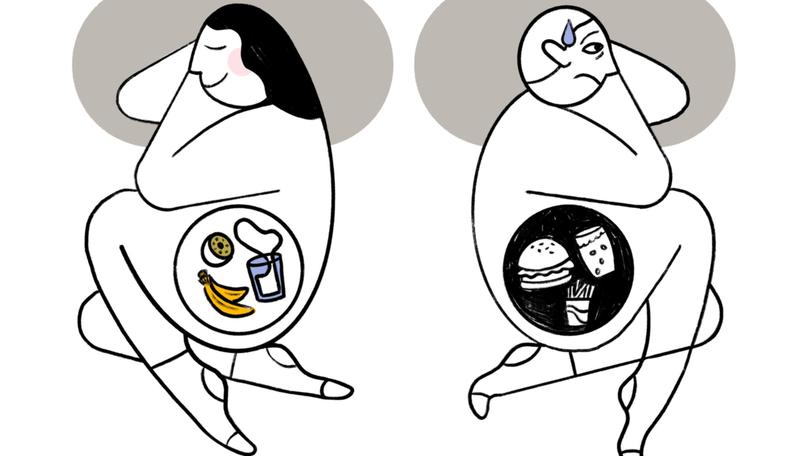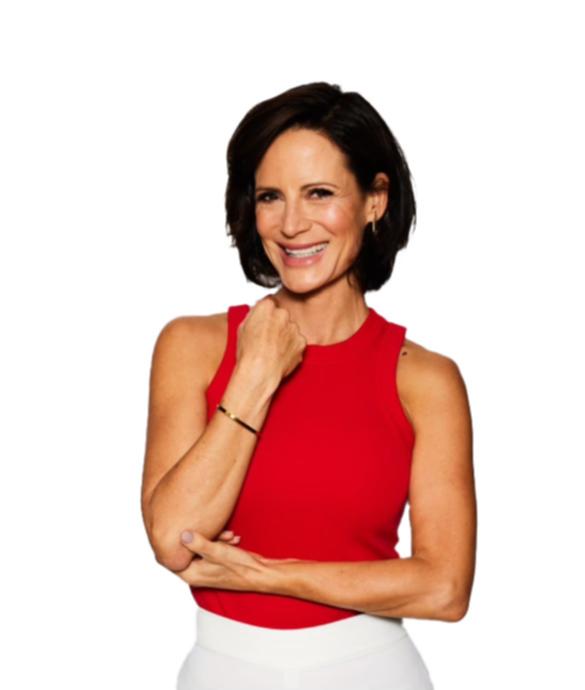Sarah Di Lorenzo: Foods that help and hinder sleep
Sleep is just as important as diet and exercise in improving brain performance, health and mood.

Sleep is king. When we are sleeping well we can do anything.
It is where we rest, repair and rebuild. Our brain removes waste products during quality sleep.
Sleep is of equal importance to diet and exercise in improving brain performance, health and mood. It lowers our risk of disease, helps with clear thinking, maintaining a healthy weight, improved immunity, better stress management, productivity, heart health and behaviour.
Sign up to The Nightly's newsletters.
Get the first look at the digital newspaper, curated daily stories and breaking headlines delivered to your inbox.
By continuing you agree to our Terms and Privacy Policy.Sleep deprivation leaves our brain exhausted, cognitively impaired and impacts our mental health.
When sleep deprivation is ongoing or chronic the consequences are even more serious: ranging from obesity, increased risk of injury and hypertension. When we are sleep deprived, the level of performance and compliance the following day is poor so quality of life is deeply affected.
If you look at the statistics they are quite alarming. Around 30 to 60 per cent of adults — the majority female — suffer from some kind of sleep disorder. This can range from not being able to fall asleep to waking throughout the night to waking up too early.
While it is not uncommon for many of us to wake throughout the night to visit the bathroom or just change sleep cycles there is a time when waking up in the night will impact quality of life for many and become a vicious cycle.
If you are someone who wakes up around 2am, chances are you’ve most likely had alcohol the day before. There is some research indicating alcohol disrupts the release of melatonin in the brain and in general it stops the architecture of our sleep. While we can fall asleep because it is a depressant, it inhibits REM sleep.
Other reasons for poor sleep include stress, depression, anxiety, noise, poor sleep environment, caffeine, nicotine, recreational drugs, jet lag, menopause and shift work.

In my clinical experience, I see many people with a racing mind, they just can’t switch off.
Health conditions that can keep you up include sleep apnea, where you stop breathing during your sleep, GORD or gastrointestinal reflux disease, arthritis, where the inflammation is very painful, restless leg syndrome, enlarged prostate, neuropathy where your arms and legs tingle and depression.
So what are the solutions and how can we improve our sleep? The first place to start is understanding why your sleep is poor and work from the cause.
Next, be proactive about your sleep environment, consider new bedding, sleep with the window open, have a bath before bed, meditate, read, go to bed earlier, avoid caffeine and alcohol, exercise daily, consider taking some magnesium, and avoid screens later at night.
Moving dinner time to around 5 to 6pm is also one of my top tips.
Our body prepares for sleep by releasing melatonin and serotonin and our diet can influence our sleep cycle.
Foods hindering our sleep include spicy foods, alcohol, caffeine later in the day, sugar, energy drinks, fried foods and refined carbohydrates.
When people are tired at night these are the foods most people gravitate towards.
Instead, we want foods rich in melatonin, serotonin, tryptophan as well Vitamin B6, B12 and folic acid.
These include banana, kiwi, almonds, walnuts, milk, yoghurt and honey. Having some turkey at dinner is also a good option.
When making these changes consider a banana or nuts mid-afternoon, possibly a kiwi after dinner and closer to bed you could have some walnuts or some warm milk with a dash of honey.
Like all things, the key to success is preparation and remembering wonderful feelings waking up refreshed and ready to start the day.
Sarah Di Lorenzo is a clinical nutritionist and author.
